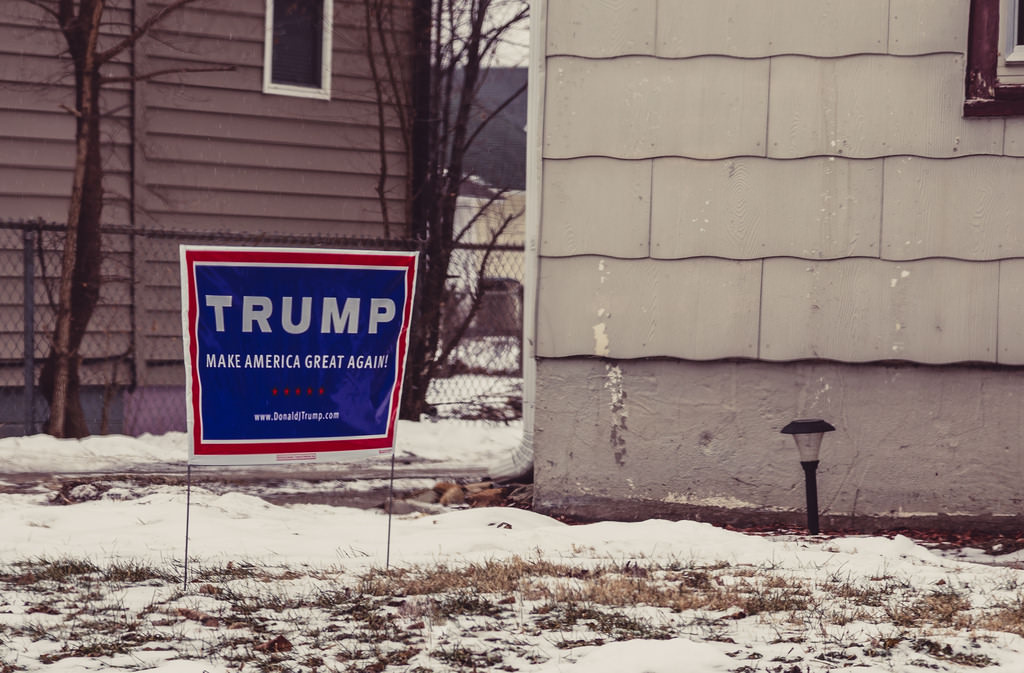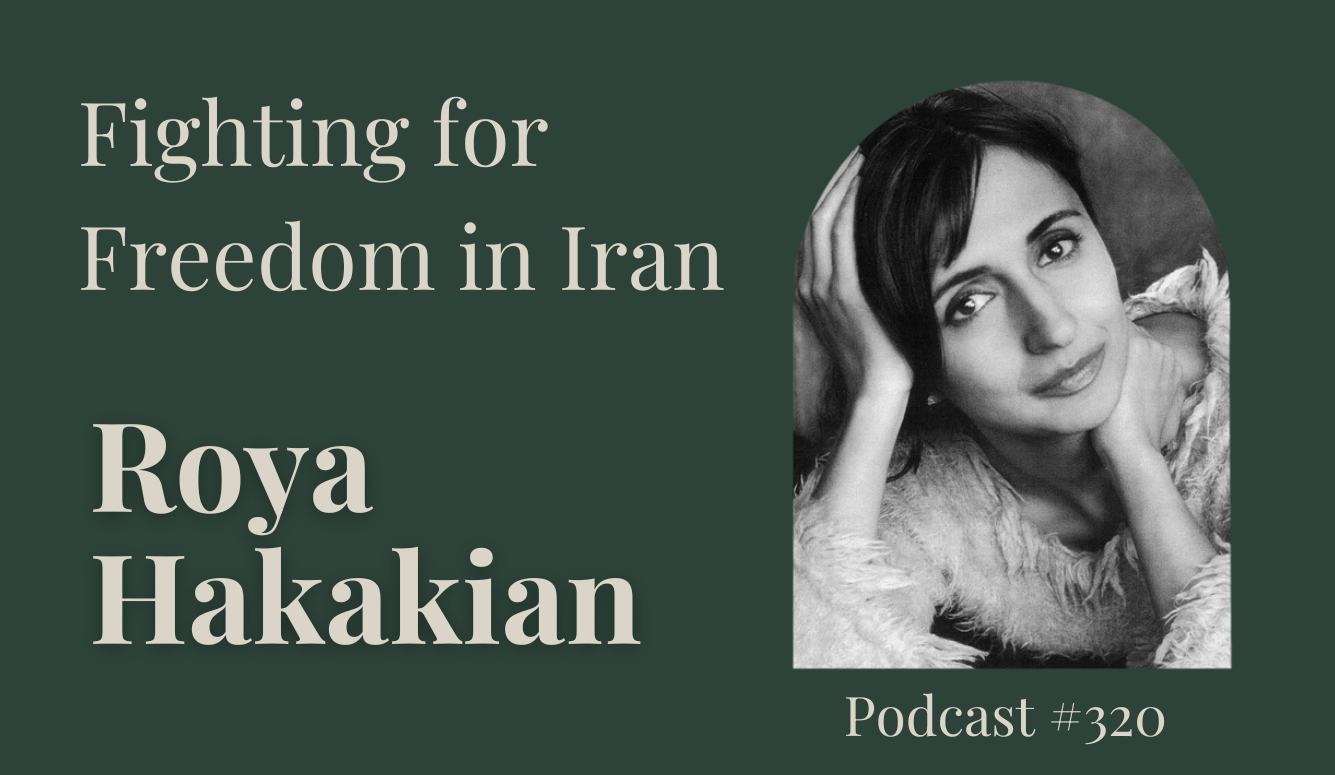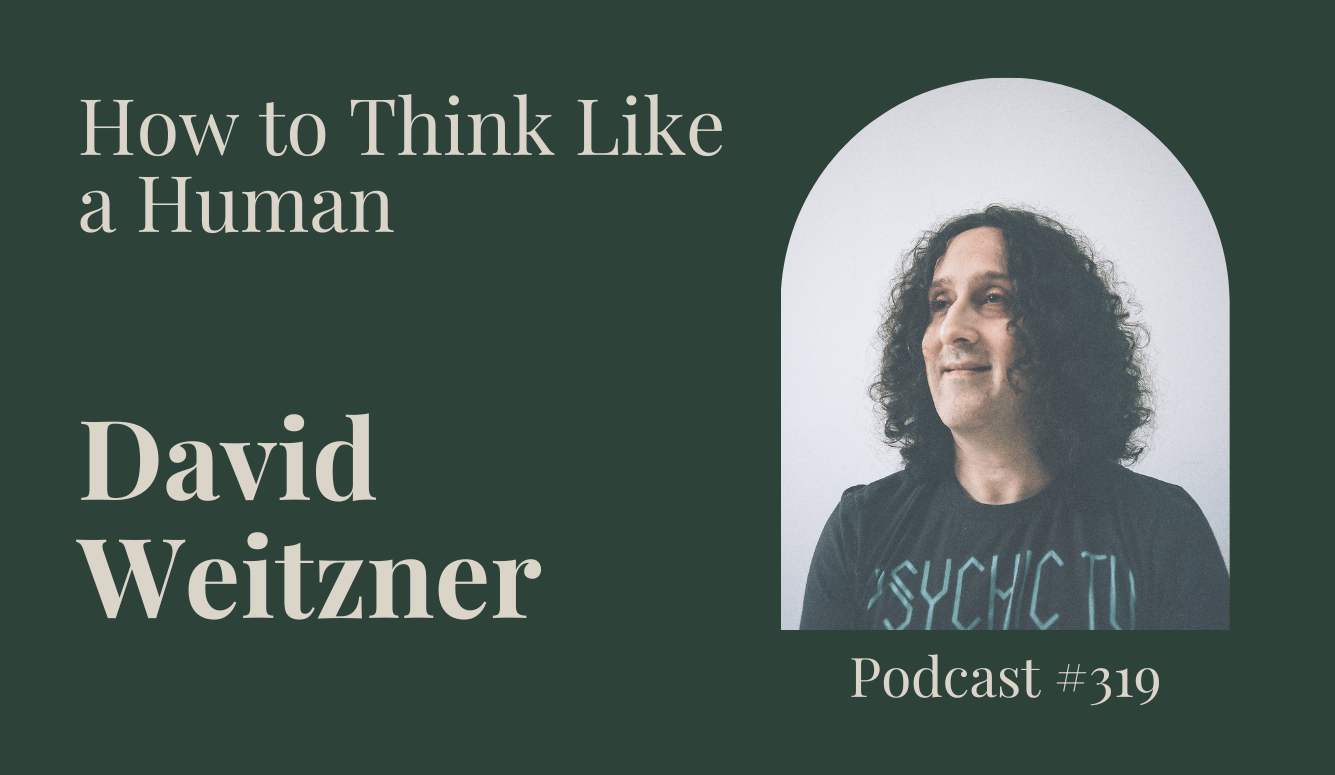US Election
Is Donald Trump a Narcissist and Is He Fit for Office?
Mr. Trump’s social media has many examples of narcissistic traits (and, of course, self-promoting social media use in general is linked to grandiose narcissism.

Donald Trump and his alleged narcissistic personality disorder (NPD) have been all over the political media. Recently a Democratic Congressman started a petition calling for Mr. Trump to be psychologically diagnosed because of the risk that he has NPD and that this makes him unfit for office.
As someone who has spent a good deal of time researching narcissism, I am asked about Mr. Trump constantly by journalists, friends and even strangers who find out what I do. As much as I appreciate the work professional journalists do, I wanted to address three important questions about Mr. Trump and narcissism without an editorial filter.
- Is Mr. Trump narcissistic?
- Does Mr. Trump suffer from NPD?
- Would narcissism and NPD — if present — disqualify Mr. Trump from being a U.S. President?
Is Mr. Trump narcissistic?
Mr. Trump’s persona, or public image, has clear elements of grandiose narcissism. That is, he appears grandiose and in possession of a strong ego; he is willing to act aggressively to others and can appear emotionally callous rather than warm; and he is self-enhancing or self-promoting. This self-promotion includes bragging, name dropping, and displaying symbols of wealth and status (e.g., flying in a 757 with “Trump” on the side).
In terms of basic personality traits, narcissistic individuals are extraverted (social, energetic, approach oriented) and low in agreeableness (callous, grandiose, and entitled). (Note: I am referring to grandiose narcissism, which is distinct from the more insecure, fragile and introverted form of vulnerable narcissism). Mr. Trump fits this trait pattern when in the public eye. He is certainly “high energy” and focused on winning. And he is grandiose enough to think he can fix America’s problems while callous and reactive enough to pick fights with anyone he sees as a threat.
Mr. Trump’s social media has many examples of narcissistic traits (and, of course, self-promoting social media use in general is linked to grandiose narcissism. For examples of self-promotion:
I turned down a meeting with Charles and David Koch. Much better for them to meet with the puppets of politics, they will do much better!
— Donald J. Trump (@realDonaldTrump) July 30, 2016
And hostility in the face of threat:
The failing @nytimes has become a newspaper of fiction. Their stories about me always quote non-existent unnamed sources. Very dishonest!
— Donald J. Trump (@realDonaldTrump) August 13, 2016
I heard that @Morning_Joe was very nice on Friday but that little Donny D, a big failure in TV (& someone I helped), was nasty. Irrelevant!
— Donald J. Trump (@realDonaldTrump) August 22, 2016
He has even sent out tweets that are such clear examples of “communal narcissism”, or self-promotion about kindness and compassion, that I forwarded them to experts in this area. Here is my favorite:
No-one has done more for people with disabilities than me. I have spent many millions of dollars to help out-and am happy to have done so!
— Donald J. Trump (@realDonaldTrump) February 9, 2016
And here is a quote from 60 minutes: “I’m much more humble than you would understand.”
Although Mr. Trump has also sent more direct messages of concern which are non-narcissistic:
My thoughts and prayers are with the victims and families of those affected by two powerful earthquakes in Italy and Myanmar.
— Donald J. Trump (@realDonaldTrump) August 24, 2016
Mr. Trump’s lifestyle brand is also aspirational with high levels of self-promotion. Trump tower, Trump Hotel — even Trump Ice Cream parlor. This personalized branding strategy isn’t unusual. We have founder named brands like Ford, Walmart, Hilton, Marriott (and the Clinton Foundation) but there are also rich self-promoters who don’t use their name as their core brand like Richard Branson or Mark Cuban.
Consistent with this self-branding, like many politicians, celebrities and CEOs Mr. Trump has published books about himself and his successes. It looks like fifteen in all, starting with the bestseller, The Art of the Deal (and the awesomely titled Think Big and Kick Ass). The ghostwriter of the former came out and confessed that there was some self-promoting fiction involved which is consistent with narcissism and the genre.
Mr. Trump is also a reality TV star, which is a high narcissism profession. In the show he played the role of the high status executive who challenges then fires people. His catch phrase, “you’re fired!” is both dominant and callous.

Mr. Trump’s relational lifestyle also seems somewhat narcissistic with a series of beautiful wives and rumors of marital affairs. I actually did my dissertation, published as Narcissism and Romantic Attraction, on narcissism and the use of attractive partners to gain social status and esteem. The big exception to this is Mr. Trump’s relationships with his children. These seem very strong and warm, which is not what you would expect from a narcissistic father.
What about Mr. Trump’s own reflections on his own narcissism? Mr. Trump has not shied away from touting his own ego and the benefits thereof. Including his now well-know quote that he has written and tweeted:
"Show me someone without an ego, and I'll show you a loser." –How To Get Rich
— Donald J. Trump (@realDonaldTrump) July 19, 2012
This information is important because people who are narcissistic are typically aware of it – they will report being narcissistic and generally think that is a smart way to go through life.
And, finally, Mr. Trump is running for president. And U.S. presidents as a group have estimated narcissism scores higher than even reality television stars. The Narcissistic Personality Inventory (NPI) is the most popular measure of narcissism. Scores on the NPI can range from 0 to 40 with the average American around a 15. With that in mind, U.S. Presidents are estimated to score a 22 on average and reality TV stars a 19.5.
Given these observations, I would speculate that Mr. Trump is higher on the narcissism continuum than the average person, and even than the average president. I cannot be certain of this — my information is largely based on Mr. Trump’s public persona — but it seems to fit the available evidence.
Does Mr. Trump suffer from Narcissistic Personality Disorder (NPD)?
Does his potentially high level of trait narcissism mean that Mr. Trump is suffering from the psychiatric condition of NPD? Narcissistic personality disorder is a combination of extreme and inflexible trait narcissism (mostly grandiose but with some vulnerability) accompanied by significant impairment in love and work. Basically, the question is whether or not Mr. Trump’s narcissism is sufficiently extreme, inflexible and clinically impairing to be diagnosed as a personality disorder.
It is hard to make a convincing case that Mr. Trump is suffering a clinical level of impairment from his narcissism. He has a billion dollars; his kids appear to have positive relationships with him and to be decent people; he has gone through several divorces but seems to be happy with his third wife and new son. Professionally, he just ran as an outsider against a large group of Republican challengers and won the nomination for US president. He has a large business that has had ups and downs but that seems to be doing OK.

To be clear, diagnosing a personality disorder needs to be done by a licensed professional using well-validated assessment tools. I am not claiming that I can diagnose Mr. Trump from a distance. What I am saying is that the burden of proof should be on the people making the claim of NPD. It seems like a stretch to me, but there could be impairment that is hidden from view or is manifested primarily by the suffering experienced by others that is caused by Mr. Trump’s narcissism.
This is not to say that Mr. Trump’s narcissism doesn’t appear to harm him at times. From my perspective he seems overly reactive in response to ego threats. I am not sure if he is taking advice as well as he should from others. But, on balance, his narcissism has probably been a bigger boost to Mr. Trump’s political success than a hindrance. This proposition is based on research showing that high levels of grandiose narcissism are useful for leadership emergence.
But what about Mr. Trump’s “erratic” behavior like late night tweets, or saying things out loud that others only think, like “you can get the baby out of here”? This type of behavior isn’t associated strongly with narcissism (although you could make the case that only someone who thinks he is above social convention would say such things.) It possibly is linked to another trait cluster that is related to narcissism: hypomanic personality, or a persistent low level of mania. Hypomanic personality is associated with high energy levels, social vitality, impulsivity, low need for sleep, and grandiose thought patterns. This is pure speculation on my part, again, as I don’t have any evidence about Mr. Trump that isn’t available publicly. Hypomanic personality, like narcissism, is a bit of a trade-off. It is great for energy, drive, and creativity, but can be challenging because ideas are adopted and then changed or dropped without explanation. And sometimes ideas are expressed without full processing.
The other question I ask myself is: how much of Mr. Trump’s apparent erratic personality has to do with social context? There is something in social psychology called the fundamental attribution error. Basically, when we (at least in the West) see people act we tend to think that their actions reflect something about their character. For example, when someone trips and falls we are more likely to say the person is clumsy than the sidewalk must be cracked. In Mr. Trump’s case, we see inflammatory messages via Twitter and might think he is impulsive or “nuts”.
This attribution is not made for other politicians not because they do not have hostile thoughts — most probably do from time to time — but rather because they have a large team in place to keep them “on message.” This message discipline is maintained by using tightly controlled channels, like teleprompter speeches, television advertising, interns running the social media accounts, and interviews with preset guidelines. This controlled, “on message” style used by most politicians keeps them from looking erratic — boring and safe, but also sane.
Along these same lines, most politicians also use an “attack dog” to say nasty things about their opponents. In the present race, for example, Senator Warren has been playing this role by attacking Mr. Trump on Twitter, for example:
A marriage between @realDonaldTrump’s toxic racism & @RepHensarling’s Wall Street giveaways is a path to ruin for our country.
— Elizabeth Warren (@SenWarren) June 7, 2016
This strategy has kept Secretary Clinton from looking hostile. Mr. Trump is waging a different style of campaign where he is giving unfiltered speeches and being his own attack dog. This makes him appear more erratic and mean (although one could argue who but an erratic and mean person would forgo a teleprompter and attack dog) but also unlike a typical politician, adding to his outsider image.
Would narcissism and NPD — if present — disqualify Mr. Trump from being a U.S. President?
So, assuming for the sake of argument that Mr. Trump is high on the narcissism continuum, what does this mean for him as a U.S. President? As noted, US presidents are, on average, rated as being high in narcissism, especially in the modern era when mass media and then social media became crucial for campaigns. Furthermore, the most narcissistic presidents tend to be pretty good at the job despite ethical lapses. And they are seen as highly charismatic leaders.
In terms of past Presidents, we have leaders like Bill Clinton, Nixon, LBJ, FDR, “Gentleman Boss” Chester Arthur and Andrew Jackson — all rated as being high in narcissism and also generally successful, but ethically suspect. Andrew Jackson, a narcissistic early president, had the spine to take on the big banks — maybe one of the only presidents to do that successfully — but also sent Native Americans on the trail of tears. FDR was the other president willing to fight Big Banking and he also sent U.S. citizens of Japanese descent into internment camps. LBJ, one of the most narcissistic US presidents in history, got a tremendous amount of legislation passed. He was also in many ways a cruel and intimidating bully. And after reading about Mr. Trump and President Johnson, it is hard to imagine the former being more narcissistic than the latter.
On the flip side, we have relatively low narcissism modern presidents like Carter and the senior Bush. Both are highly respected men and ex-presidents, but neither, fairly or not, is celebrated as a great president and both only served one term. Carter was portrayed as a kind-hearted micromanager (here is an SNL skit where his caricature talks a teen down from a bad acid trip); and Bush senior, who was portrayed in the political comic Doonesbury as a voice without a body, was widely seen as a “wimp”.
And what about Secretary Clinton or President Obama? Both seem to have somewhat flat personalities but there remain touches of narcissism. One of the first phrases you learn when you study Latin is veni, vidi, vici — “I came, I saw, I conquered.” This was spoken by Julius Caesar to the Roman senate about a battle in what is now Turkey. Beyond his stature as a general, Caesar is known for his efforts to shift the Roman Republic into an Empire.
Secretary Clinton channeled Julius Caesar while bragging about her overthrow and assassination of a North African leader, Muammar Gaddafi, saying “We came, we saw, he died.” Note: she did say “we”, but still bragging about a horrid assassination using Caesar’s famous phrase is not something humble, warm people usually do.
Secretary Clinton is also well known for fighting “bimbo eruptions” — a term used for her husband’s consensual or allegedly nonconsensual relations with other women. Again, this is behavior on Secretary Clinton’s part that was politically astute but morally shaky. You could argue that destroying these women served the greater good of allowing the Clintons to do well by the American people and the world through their political expertise and charity work. Or you could argue that attacking women who report being raped is problematic.

President Obama has similarly bragged about his military prowess. He reportedly said in light of the long term drone wars that he has fought, “I’m really good at killing people.” He also was known as President Selfie taker until that honor was taken over by Canada’s new Prime Minister, Justin Trudeau, who fully mastered the art of the political selfie. And recently President Obama is said to be resisting selfies with others.
My point here is not to say that everyone in politics is narcissistic, but that narcissism and political aspirations go together. This is partly because modern campaigns are basically celebrity marketing operations and partly because narcissistic individuals like power, status, admiration and control which is something that comes with political power. Just go to Washington DC, stand on a corner near congress, and watch powerful politicians and other high ranking individuals walk around followed by gaggles of young interns.
And, importantly, narcissism works for becoming a leader. This is especially true in times of instability and crisis, when narcissistic leaders’ projected strength and confidence is even appealing. And, as a corollary, narcissistic leaders should promote a chaotic vision of the current political state along with a path to move beyond it.
Conclusion
Mr. Trump displays narcissistic traits and perhaps some hypomania. Narcissism is a mixed bag for US presidents (and leaders generally), but modern presidential narcissism is correlated with presidential greatness. We cannot say Mr. Trump suffers from NPD — I doubt it, but this is a question for clinical diagnosis. And, even with a diagnosis of NPD, Mr. Trump could be a great or terrible president. For example, hypothetical NPD sufferer Mr. Trump could put his entire ego into being a great president, thus aligning the success of the nation with his own ego gratification, but in the process alienate his wife, children and grandchildren. On the other hand, hypothetical NPD sufferer Mr. Trump could use the presidency to line his own pockets and inflate his power at the cost of selling out the nation.
What Mr. Trump’s apparent level of narcissism along with his outsider status suggest is that he will make changes if elected to office. Whether that change would be seen as good or bad depends on the observer’s political orientation and, of course, luck. In research on narcissistic CEOs, for example, you see a willingness to take big public risks. You see a similar overconfidence associated with narcissism generally. Sometimes this risk-taking pays off and sometimes it is a disaster, so you only want to risk having a narcissistic leader if you really want a change.
Therefore, if you think things are good — and you want the current political, military and economic course to continue — then voting for Secretary Clinton is the best and lowest risk option. She was part of the current administration and past behavior is one of the best predictors of future behavior.
If you think the country is in a crisis and that the current political, military and economic environments are flawed or even counterproductive, and, further, if you think that the direction these policies are taking the country is sufficiently wrongheaded that it is worth the risk of changing them, then you should vote for a change agent like Mr. Trump. In this case, his narcissism is likely more of a help than a hindrance to change, but you will see both upsides and downsides.






